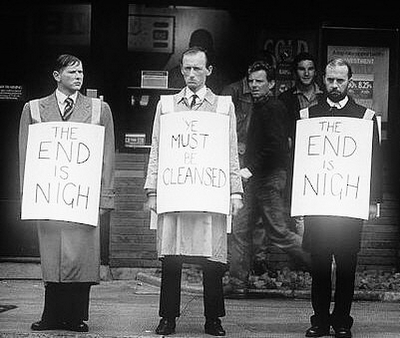Sustainability Facts vs Sustainability Feelings

At the ocean plastics event I was at last weekend, a chap in the audience seemed incredulous that other countries might be worse at dumping plastics in the sea than the UK. Actually we’re not bad, and getting better – beach surveys have shown a decline in plastic litter around the UK since the introduction of the plastic bag tax. Globally, 90% of (river borne) ocean plastic is thought to come from 10 major rivers, most of them in South East Asia, where a lot of people live and infrastructure is often poor. Personally, I’ve always felt that if we want to do something really significant about ocean plastic, then, instead of trying to source bamboo toothbrushes, we in the West would be much better lobbying for overseas aid to be used to improve waste management systems in those countries.
Likewise with air quality. I couldn’t square the rhetoric about worsening air quality in the UK with my childhood memories buses and lorries belching black soot. So I fact-checked my feelings and I was right – whichever air quality measure you take, things are much much better than they were. The problem is our better understanding of the impacts of air quality tells us that current levels are still damaging to our health.
Maybe it’s the engineer in me, but I like to fact check everything. We won’t save the planet by feelings alone – we need facts to point us in the right direction. It’s the 80:20 rule all over – a small number of actions will have the most impact and, given our limited resources and opportunities to make a difference, we need to know what those key actions are – we need to act on evidence, not feeling. Too many of us spend far to much time on the 80% of actions which will only have a tiny impact on results.
The other issue I worry about is I think we environmentalists have something of a ‘doom bias’ – we want to believe the worst is happening and there’s precious little that can be done. But as the plastic bag tax or the Montreal Protocol on Ozone Depleting Substances show, taking action can have an amazingly positive impact. Relentless doom-mongering can inhibit action by making us feel powerless, creating a self-fulfilling prophecy.
In the internet age, never before has the average joe/jo had such easy access to information, and yet that very same mechanism has bred a swamp of rumour, myth and fib. If we are to progress on this planet, let’s get our facts straight.

